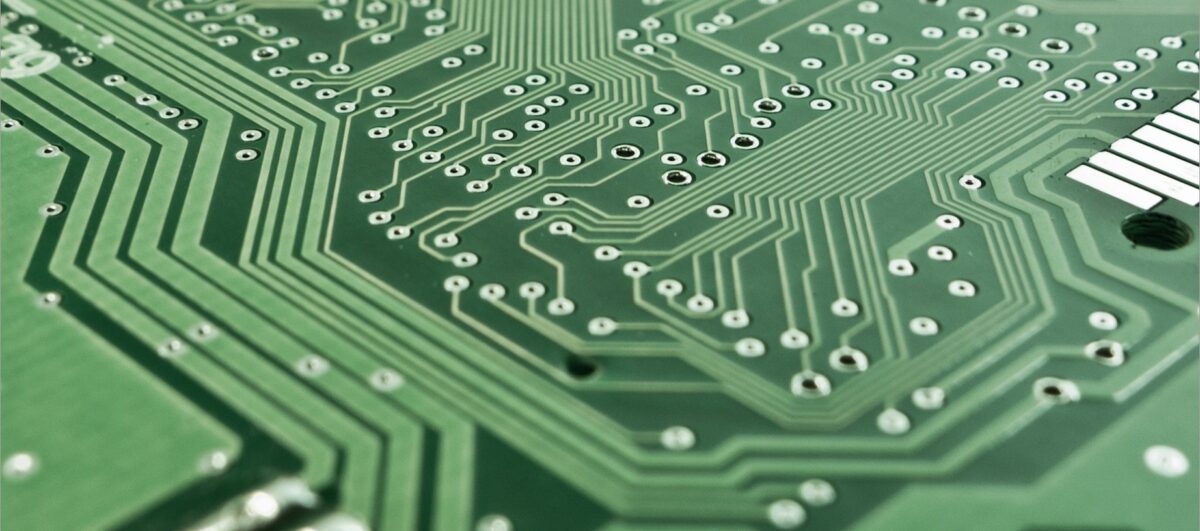A new recyclable electronics technology has been developed by engineers at Duke University. They have demonstrated that a crucial and relatively complex component for computers - the transistor - can be created using three carbon-based inks, hoping to inspire a new generation of recyclable electronics that will contribute to the fight against the global epidemic of electronic waste. The technology developed by Duke researchers uses nanocellulose as an insulating material and can be easily printed on paper or other eco-friendly flexible surfaces. The researchers are optimistic that these printed electronics, which are easily recyclable and multifunctional, will become very popular in the near future.
People around the world are increasingly adopting electronics in their lives, and the number of discarded devices that no longer work or have been thrown away to be replaced with a new model is increasing. According to a United Nations estimate, less than a quarter of the millions of kilograms of electronics discarded each year are recycled. This problem will become even more severe as the world moves to 5G devices and the Internet of Things (IoT) continues to expand. However, the technology developed by Duke researchers can offer a solution to this problem and can contribute to reducing the negative effects of electronic waste on the environment.
This innovation is certainly an important step towards creating a completely circular life cycle for electronics and could serve as a model for other technologies to be developed in the future. Considering that the technology is already in an advanced stage of development, we can expect to see these printed and easily recyclable electronics used in a variety of practical applications soon. This could help reduce the environmental impact of electronic waste and increase the durability and efficiency of electronic objects.
Source: Duke Pratt School of Engineering

